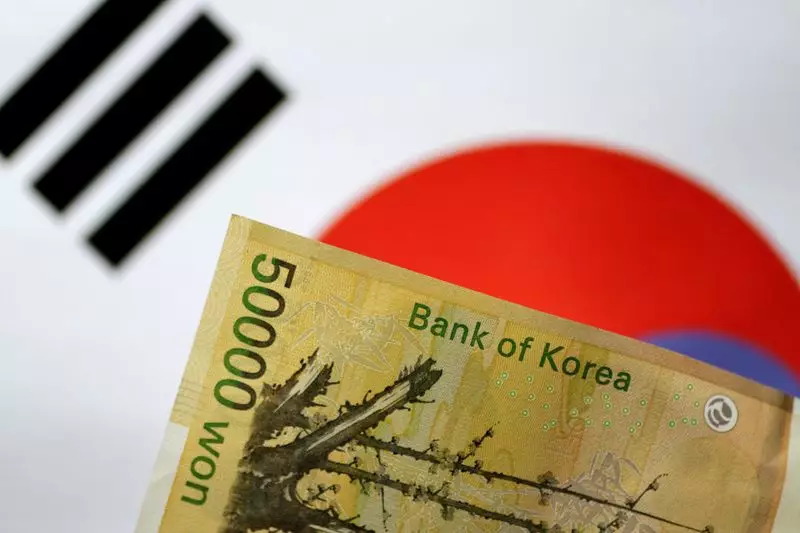South Korea stands at a crossroads in determining the trajectory of its economy as it faces significant political challenges. Rhee Chang-yong, the Governor of the Bank of Korea (BOK), has articulated that the future performance of the nation’s economy hinges more crucially on the stabilization of its political landscape than on external economic factors. This perspective marks a significant paradigm shift from previous discussions centered around U.S. monetary policies and trade dynamics. With the BOK maintaining interest rates at 3.00%, the focus now shifts to the internal mechanisms of governance and their effects on economic indicators.
The aftermath of a severe political crisis—exacerbated by President Yoon Suk Yeol’s attempt to enforce martial law—has resulted in tangible economic repercussions. The crisis led the government to revise its growth forecasts for 2025, showcasing a contraction from an anticipated 2.2% to a more modest 1.8%. Such adjustments underscore the critical interplay between political decisions and economic forecasts, where uncertainty in governance leads to prudent recalibrations in economic outlooks. Governor Rhee’s emphasis on stability over immediate financial maneuvers spotlights the essential need for a reliable political framework to engender favorable economic conditions.
Rhee’s comments regarding the fluctuation of the South Korean won amid the political turmoil provide a nuanced understanding of how politics directly influences economic indicators like currency values. Following Yoon’s arrest, the won experienced a rare uptick, reaching its strongest position against the dollar in several weeks. This movement suggests that, despite the political distress, there is an inherent market reaction to stabilizing events such as significant political developments, which can bolster investor confidence—even fleetingly.
The BOK’s decision to not alter interest rates reflects a deliberate choice to underpin the won, which had been under relentless pressure partially due to the unfolding political crisis. Rhee noted that the recent political events contributed to the volatility of the won, emphasizing that political stability is crucial not just for economic planning but also for maintaining trust in the local currency. This phenomenon illustrates the bidirectional relationship between politics and economics; government actions play a pivotal role in shaping market perceptions and fiscal realities.
While the recent developments may offer a temporary respite in South Korea’s political saga, they are unlikely to conclude the overarching challenges faced by the country. Yoon’s ongoing legal troubles, including allegations of insurrection linked to his martial law endeavors, indicate that uncertainty will likely persist. The political landscape’s repercussions extend beyond immediate market reactions; they could impede long-term economic strategies if governance remains unstable.
As South Korea navigates this critical juncture, it is increasingly vital for its leaders to prioritize political normalization as a precursor to securing economic growth and stability. The Bank of Korea’s careful calibration of monetary policy, in light of these political developments, underscores the necessity of a well-rounded approach that equally weighs domestic governance issues alongside traditional economic indicators. Only through a concerted effort to restore political order can South Korea hope to foster the economic resilience needed for recovery and growth in the coming years.

